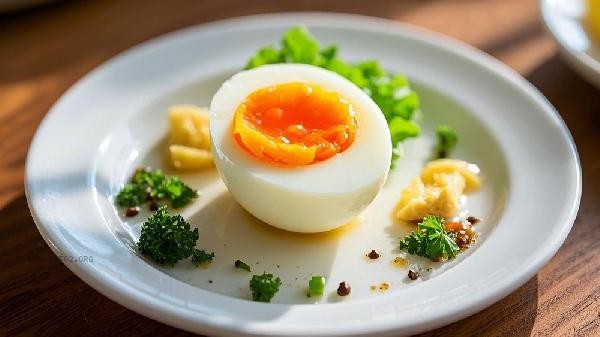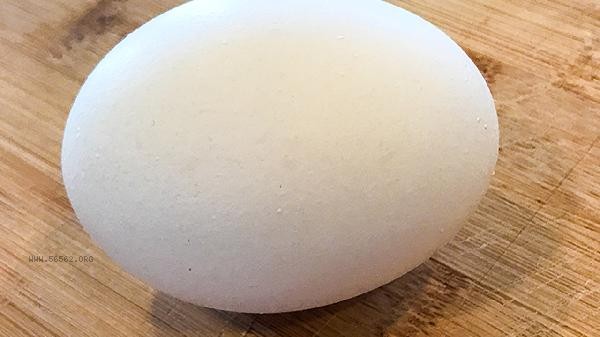Whether an egg is easy to shell is not directly related to its freshness, but mainly depends on the cooking method and cooling method. Fresh eggs may be difficult to shell due to protein adhesion, while eggs stored for a longer period of time may be easier to shell due to an enlarged air chamber. The difficulty of peeling boiled eggs is influenced by various factors. Fresh eggs have a lower pH value in their egg white and are tightly attached to the inner membrane of the eggshell, making it easier to remove protein when peeling. After being stored for a period of time, carbon dioxide inside the egg escapes through the pores, the pH value of the egg white increases, the adhesion between the inner membrane and the protein weakens, and it is relatively easy to peel off the shell. When boiling eggs, put cold water in the pot, turn the water to boil and then turn down the heat to boil for 8-10 minutes. After turning off the heat, immediately flush or soak with cold water. The principle of thermal expansion and cold contraction can be used to separate the eggshell from the protein, which can significantly improve the success rate of shelling. During the storage process of eggs, the gas chamber gradually expands, which is also the reason why eggs stored for a long time are sometimes easier to shell. In some special cases, the difficulty in peeling eggs may reflect quality issues. If the humidity of the egg storage environment is too high, it may lead to the growth of microorganisms on the surface of the eggshell, or if the storage time is too long, it may cause protein liquefaction, resulting in abnormal smoothness but accompanied by odor when peeling the shell. These types of eggs usually have a risk of spoilage and are not recommended for consumption. The breeding method may also affect the structure of eggshells. Free range eggshells are thicker and have stronger inner membrane toughness, while industrialized breeding eggshells are relatively thin and brittle, and the peeling experience may vary.

It is recommended to observe the production date when purchasing eggs in daily life, as fresh eggs have higher nutritional value. Before cooking, the eggs can be left at room temperature for a moment to reduce the temperature difference, and rapid cooling after cooking can improve the peeling experience. When storing, pay attention to keeping it dry and ventilated. Placing it upright helps to center the egg yolk. If cracks or abnormal contents are found in the eggshell, it should be discarded immediately to avoid food safety risks. Reasonably control the single purchase quantity to ensure that it is consumed within the shelf life.










Comments (0)
Leave a Comment
No comments yet
Be the first to share your thoughts!